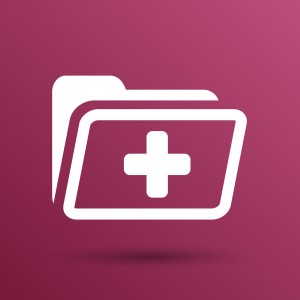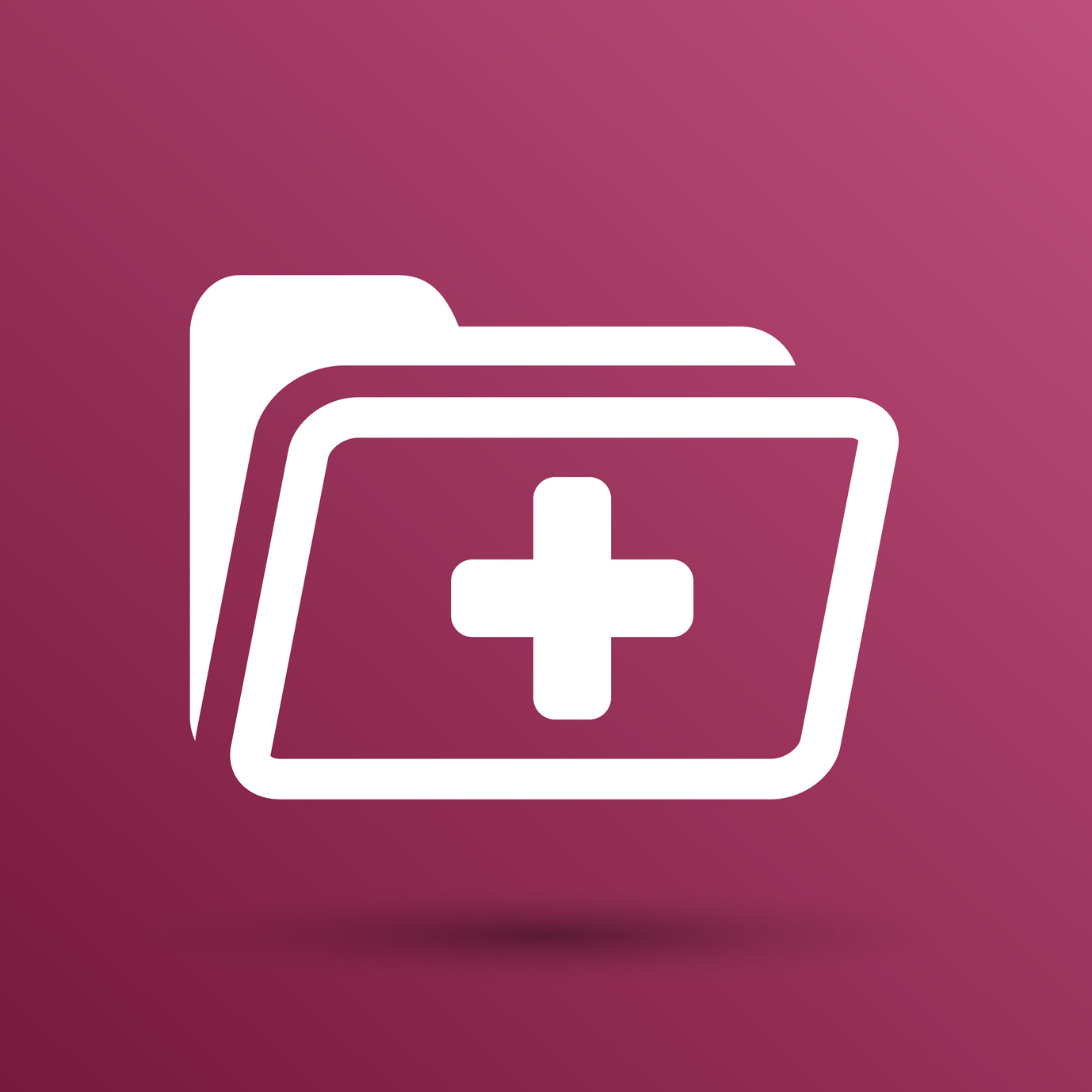As TV drama physician Dr. House would say, “when you want to know the truth about someone, that someone is probably the last person you should ask.” Solely relying on a paper-based patient history can be risky for both the patient and physician. The record can be inaccurate, outdated, or even incomplete. This can be a consequence of a patient’s poor memory,but mostly because of a lack of an integrated patient-information network.
This is where electronic health records (EHR) systems come into play. Not only can they provide comprehensive and accurate patient history, EHRs are incredibly powerful systems that aid in bringing real-time data and analytics to all facets of a healthcare practice. Going beyond the idea of being a digital patient chart, by including practice supporting functions such as clinical decision support, insurance verification capabilities, and practice management reporting.
EHR systems provide real-time clinical decision support
With the advantage of a comprehensive patient history, physicians can leverage this in their clinical decision making. They can immediately determine if a prescribed treatment or medication interferes with a patient’s allergies or current medication. Some EHR software will even provide pop-up alerts or highlight relevant data for consideration.
In addition, EHRs can provide physicians with guidance when faced with situations with little data or minimal published medical studies to rely on. By utilizing a built-in database, physicians can search for a cohort with similar illnesses or histories to base their decisions on. All of these features are especially helpful in emergency situations where time is a factor.
Streamlining insurance eligibility and claims processes
EHR systems can even include additional features such as insurance eligibility and claims management. Starting as early as the appointment creation stage, your staff can instantly verify a patient’s insurance eligibility by collecting and inputting the information into the system for approval.
Thereby preventing any unnecessary conflicts and payment denial disputes before any services are rendered. In addition, they can integrate and consolidate information from several providers through one interface for ease of use. Allowing you to see a comprehensive overview of outstanding claims and automatically identifying those that need following up on. EHRs can even rectify the most common cause of rejected insurance claims – human error – through either auto populating forms from a patient’s file or data scrubbing forms before submission.

Providing timely financial insight and areas of improvement for your practice
Being on top of one’s financials is incredibly important as healthcare practices are also businesses. EHRs offering practice management features are especially helpful in offering insight and highlighting improvement areas. It can even be utilized to optimize your practice’s profitability. Through ad hoc reporting, practice administrators have a clear snapshot of the payment flow at any time. Monitoring where payment delays are occurring and by whom. Administrators can then take note of certain trends and apply changes to the practice based on this evidence.
For example, in trying to improve cash flow you can pin point which insurance providers have quicker turnaround times between submission to payment and have lower rejection rates. Then you can choose to only accept the providers that meet your standards. EHRs can even provide guidance on how to best tailor your practice’s clinical services offerings. By analyzing your patient base and determine which services are being utilized the least. You can then reduce unnecessary cost by cutting those services as they are rarely requested for by clientele.
Back in your great-grandparents’ day, a single physician would be your sole healthcare provider for most of your lifetime. The town doctor would have your complete health history and could provide proper treatment based on it. But nowadays that is no longer the case. For the modern day healthcare practice, EHR systems have become essential tools. While mostly known for providing a complete and accurate patient history, they also aid in optimizing a practice’s workflow and profitability. Lastly as a bonus, it would save you from a having stressful interrogation by Dr. House.
Author Bio:
Eugenia Lin avidly enjoys writing about a variety of topics and currently writes for the HER specialists at OmniMD. When not writing, she can be found spoiling her pet, Yeti, with treats or trying to be active outside on those typical Seattle rainy days. You can find her at LinkedIn.




